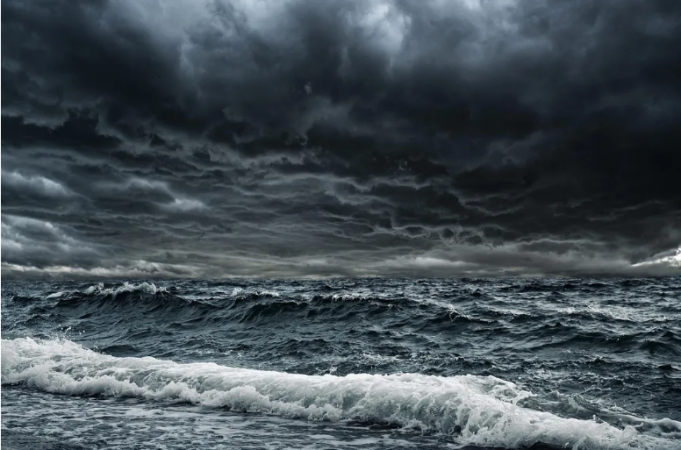
MOMBASA, Kenya (AP) — In order to improve the livelihoods of communities along the coasts supporting the biodiversities and address climate change nations on Africa's west coast are increasingly turning to climate funding initiatives.
African coastal and island states and conservation organisations unveiled plans to promote ocean conservation and economic development through a system of "blue bonds"a method of financing projects that would also benefit ocean health. on the fringes of the high-level political forum on sustainable development currently taking place at the United Nations headquarters in New York.
East African countries are now looking for funding for the Great Blue Wall initiative which seeks to protect marine areas along the coastline, building on Africa's Great Green Wall, which stretches across the Sahel region of the continent. The terms 'blue finance' and 'green finance' both refer to funding that is used to protect the environment, climate change, and build resilient ecosystems.
According to Jorge Familiar, Vice President of the World Bank, "the blue bond is a compelling example of the crucial role that the capital markets can play in supporting sustainable objectives.
A network of coastal and marine protected areas is the goal of the Great Blue Wall initiative, which was introduced last year by ten western Indian Ocean states during the United Nations climate conference in Glasgow. Its proponents claim that this network would restore and conserve about 2 million hectares of ocean, absorb 100 million tonnes of carbon dioxide, and provide livelihoods for more than 70 million people.
The project includes the island nations of Comoros, Madagascar, Mauritius, Seychelles, Somalia, and the French overseas territories of Mayotte and Reunion. It runs the length of the continent's west coast, from Somalia to South Africa.
its need to significantly up private sector investment into green and blue sectors. African nations receive less than 1% of the so-called blue and green bond which are used for marine and land projects, respectively.
According to the U.N., many of the financial climate promises made by wealthier nations are not being kept in full, which prevents many African countries from taking the necessary steps to adapt to and mitigate the effects of climate change.
According to the African Development Bank's most recent assessment, by 2030, it will cost between $1.3 trillion and $1.6 trillion to implement climate action in accordance with nationally determined contributions which are goals set by individual nations to keep global warming to 1.5 degrees Celsius (2.7 degrees F) and no higher (3.6 F). However the bank added funding for ocean conservation is currently only partially covered by blue bonds.
US Liable for $2 Trillion in Global Economic Damage from Climate Change-Driven Pollution
Rain fury Karnataka, Woman, daughter killed in wall collapse
Odisha Govt add COVID management, climate change in class 10 curriculum